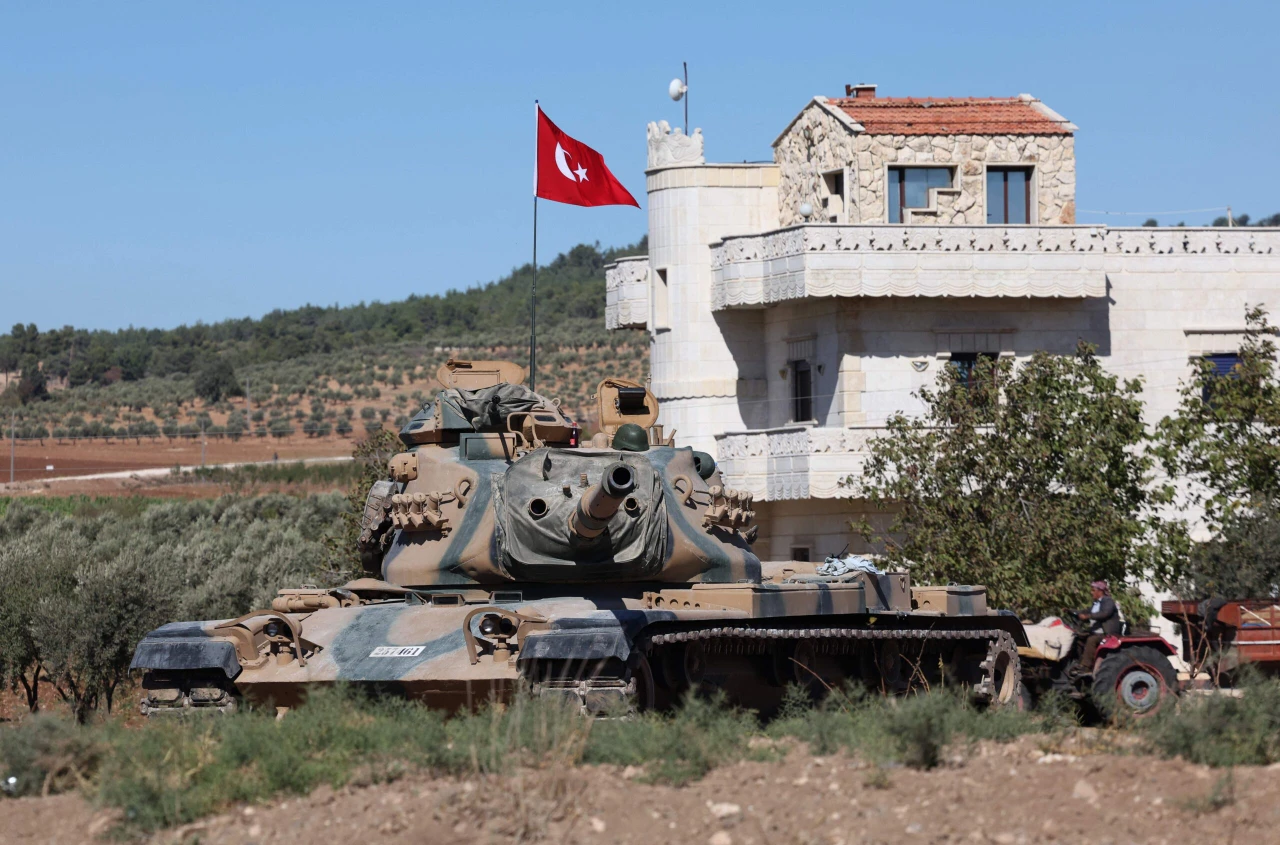UK haunted by far-right again: Surge in violence against Muslims, immigrants
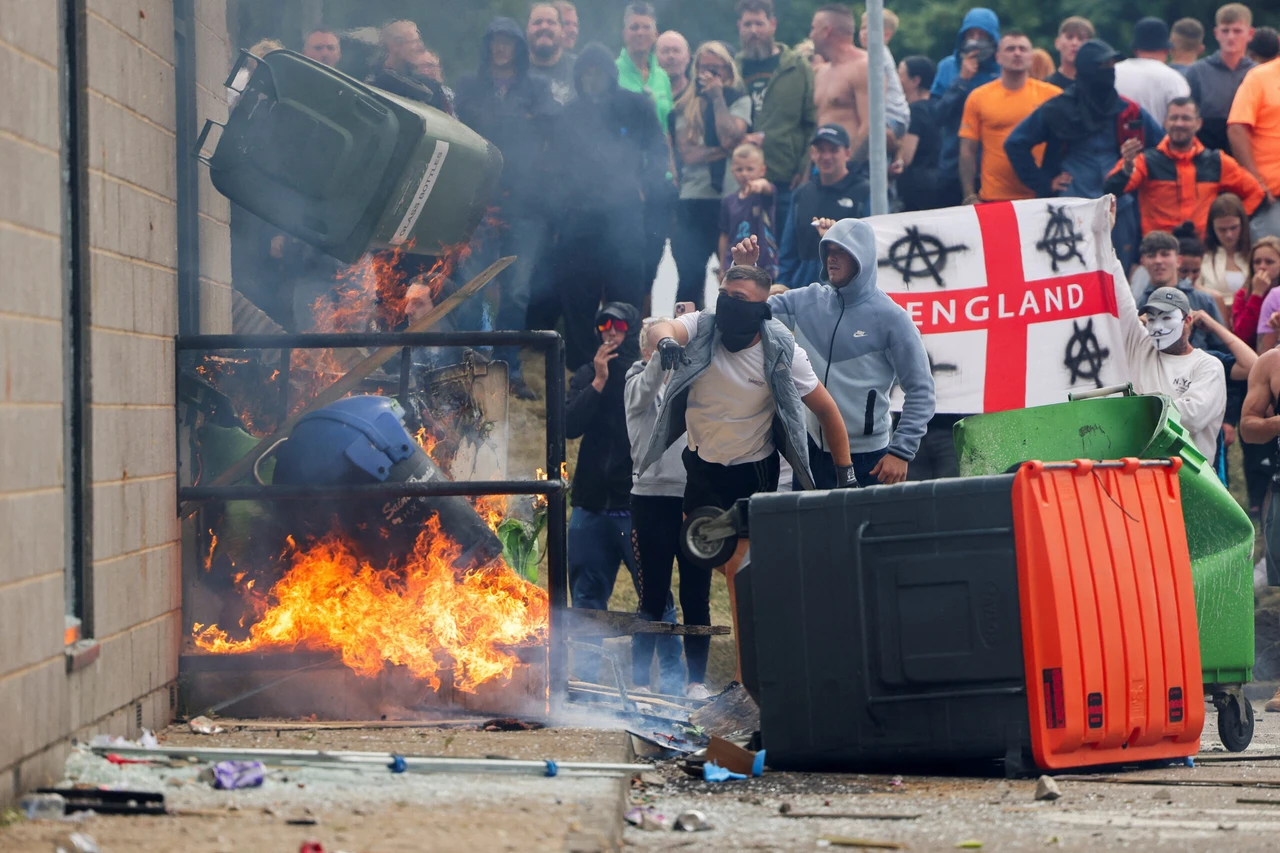 Protestors throw a garbage bin on fire outside a hotel in Rotherham, Britain, August 4, 2024. (Reuters Photo)
Protestors throw a garbage bin on fire outside a hotel in Rotherham, Britain, August 4, 2024. (Reuters Photo)
Racist street protests targeting Muslims and immigrants in Britain have become widespread. These protests are reportedly organized by white supremacist, fascist and Islamophobic groups.
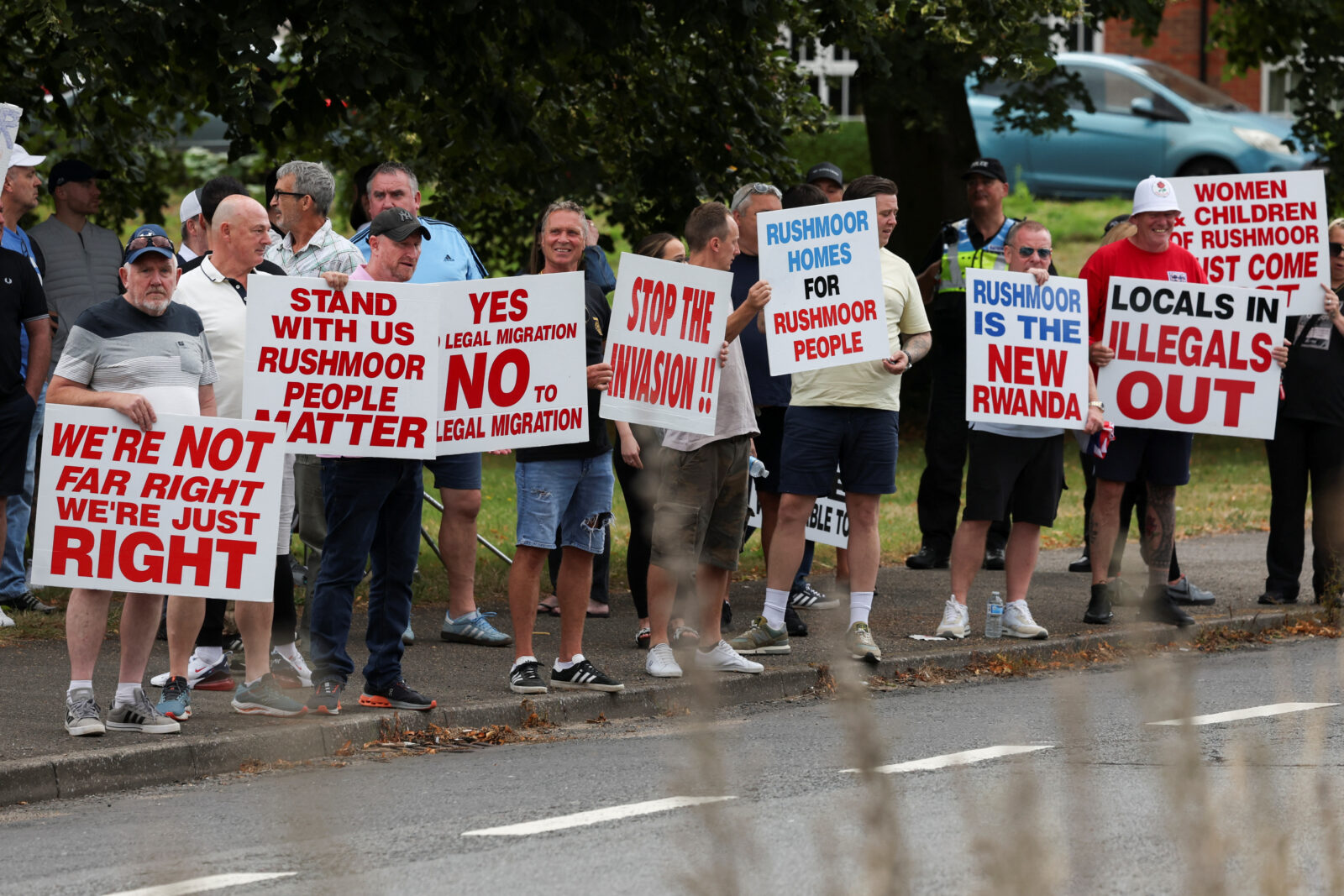
Since July 30, hate speech spread on social media has intensified the far-right protests.
The British government has detained approximately 500 demonstrators, most of whom were found to be affiliated with far-right organizations.
Home Secretary Yvette Cooper has reported that social media facilitated the organization of these protests, leading to increased interaction traffic for groups such as Patriotic Alternative (PA), British Movement (BM), and English Defence League (EDL).
Far-right groups
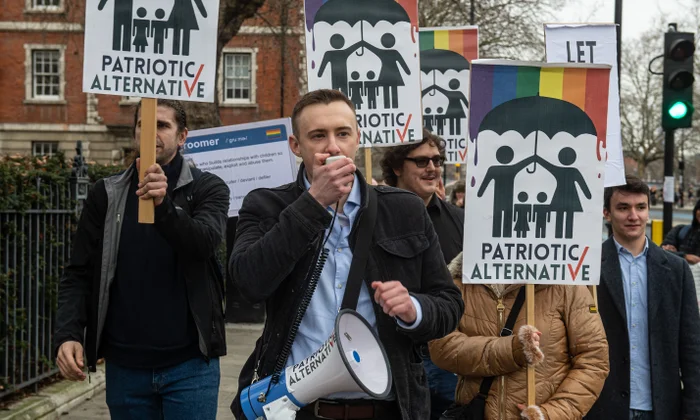
- Patriotic Alternative (PA):
Founded in 2019, PA advocates white nationalism and is known for its racist views. Active in many cities, especially London, PA has previously supported protests against asylum-seeker hotels in Liverpool and Glasgow.
Far-right podcaster Kristofer Thomas Kearner, a member of PA, was sentenced to prison for disseminating terrorist literature. PA promotes the repatriation of migrants and asylum-seekers in the U.K.
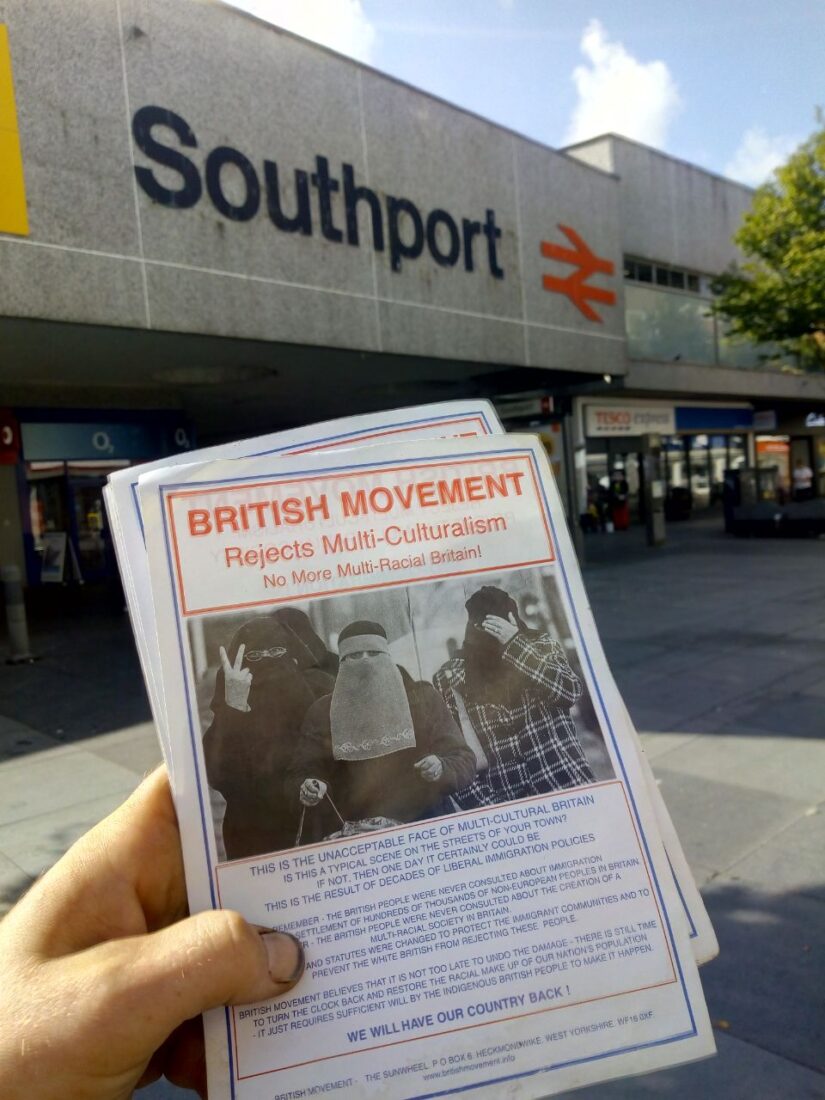
- British Movement (BM):
Founded in 1962, BM espouses white supremacist and neo-Nazi views. Although it was abolished in 1983, BM continues to be associated with soccer hooliganism. Recent days have seen BM’s influence on social media. The group is linked to far-right and bigoted movements in the U.K., contributing to the escalation of social tensions.
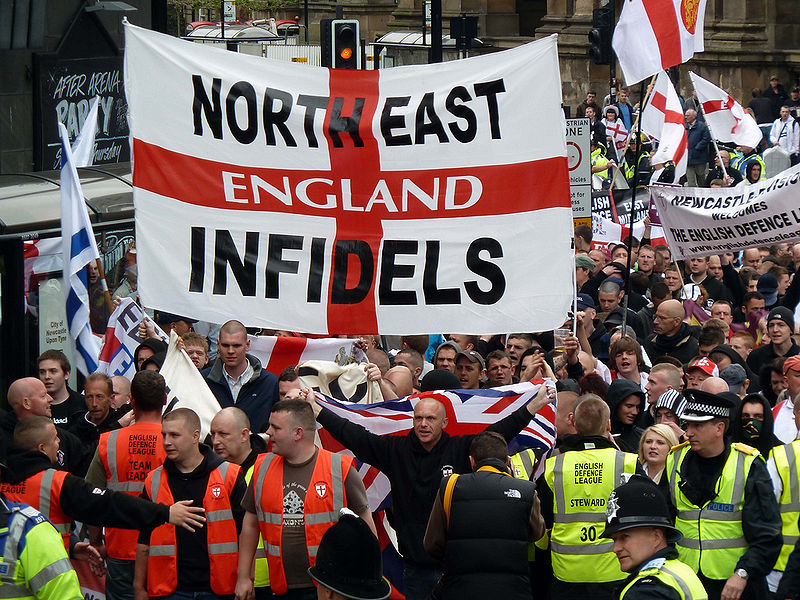
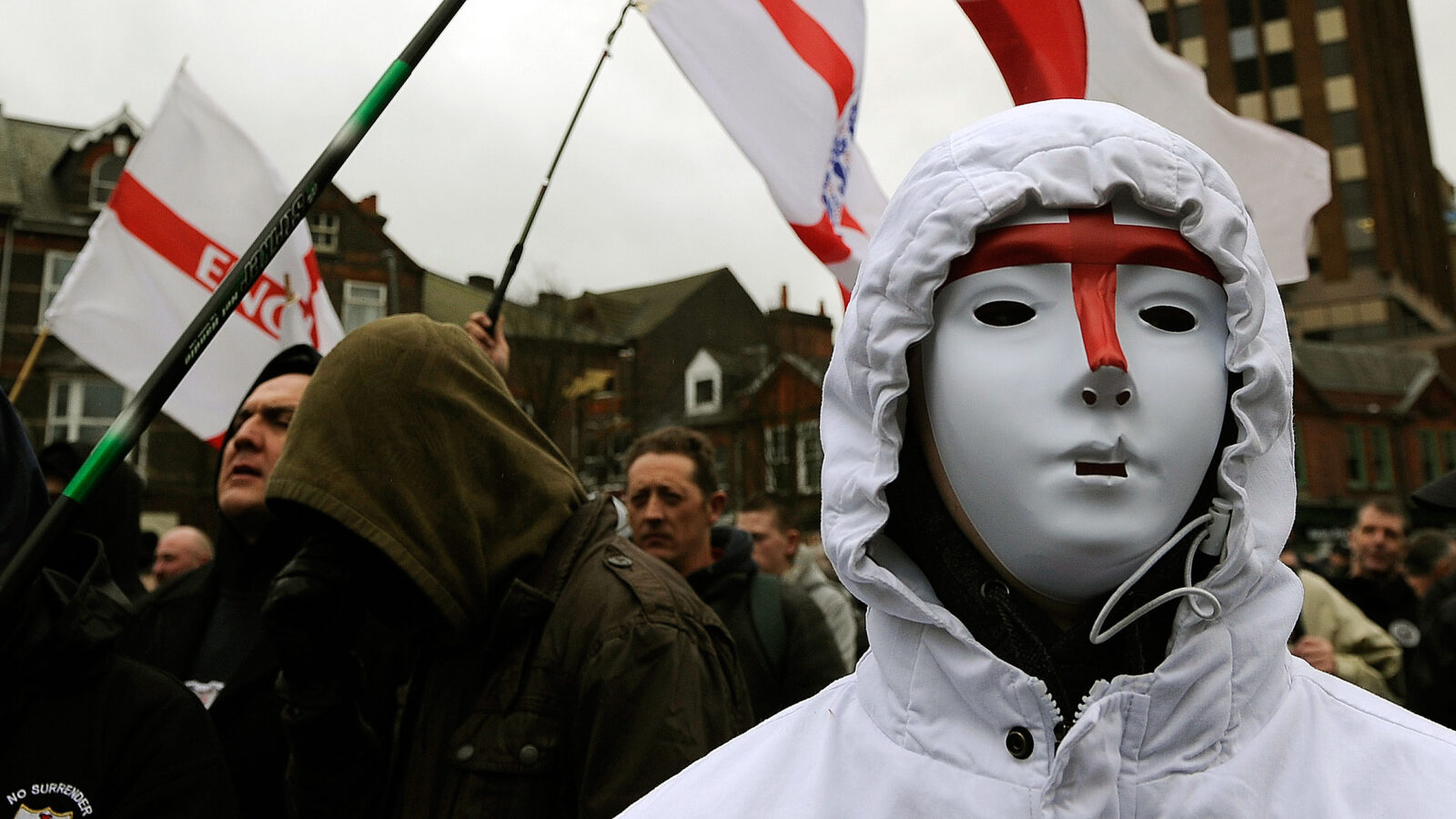
- English Defence League (EDL):
Founded in 2009, the EDL is known for its Islamophobic and far-right motivations. The EDL has concentrated its actions in Southport, London, Liverpool Hull, Bristol, and other cities. Tommy Robinson, one of the founders of the EDL, supported the protests on social media and targeted Muslims. Deputy Prime Minister Angela Rayner has suggested that the group might face designation as a terrorist organization. The EDL is known for its far-right and racist views in the U.K.
Factors behind events
A knife attack occurred in Southport on July 29, resulting in the deaths of three children. The perpetrator was identified as 17-year-old Axel Rudakubana, a Cardiff-born teenager.
Despite the attacker’s identity being confirmed by police, false rumors circulated on social media claiming the assailant was a Muslim asylum-seeker. These unfounded allegations were exploited by far-right extremist groups to incite violence and unrest.
Violence and arrests
The protests resulted in attacks on a mosque in Southport and the burning of a police station in Sunderland. Right-wing extremists gathered in Middlesbrough and Rotherham and committed acts of violence against migrants and the Muslim community.
In Rotherham, stones and foreign objects were thrown outside an asylum-seeker hotel, while in Middlesbrough, violence was used against anti-racists trying to protect a mosque.
Historical background
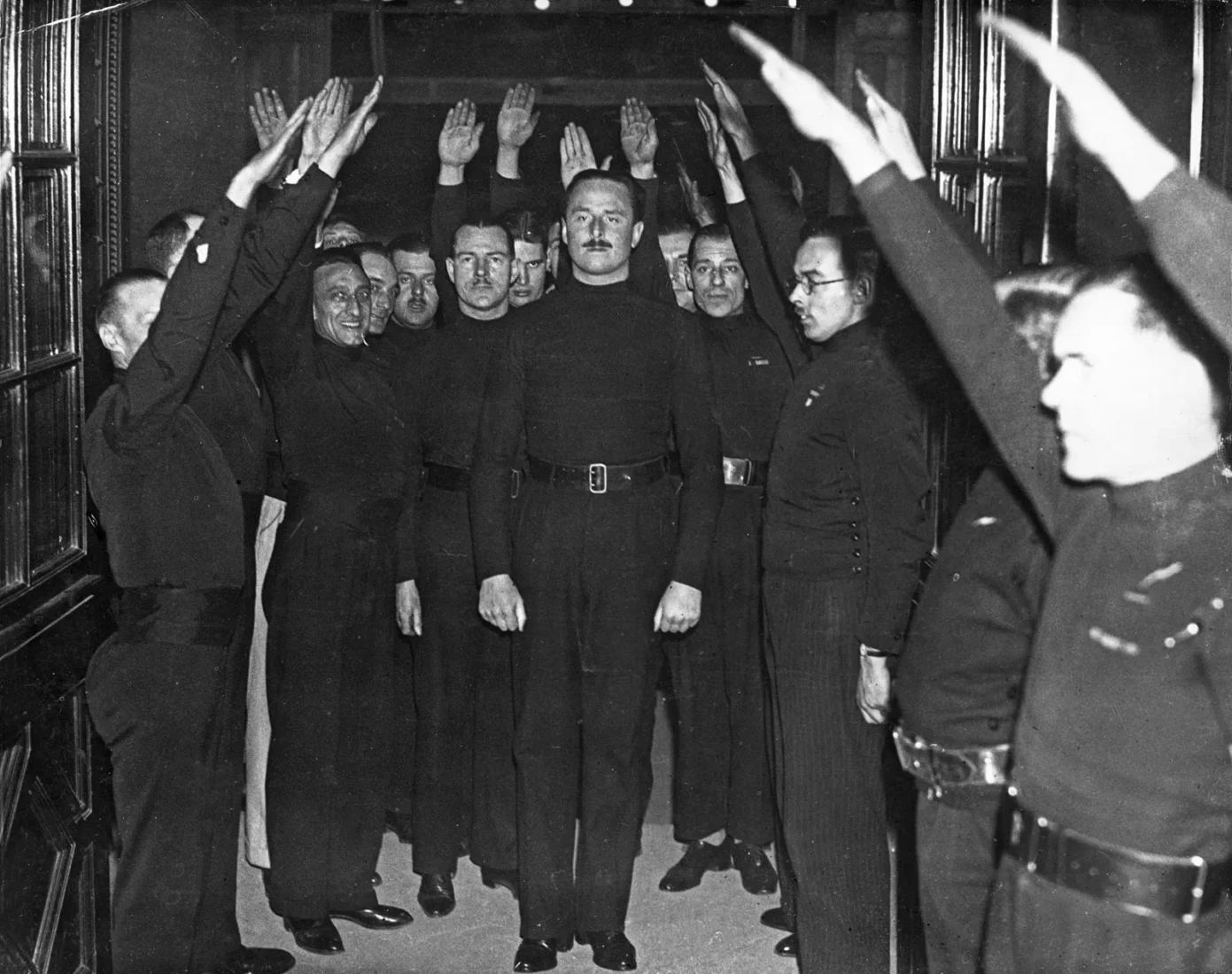
The far-right and xenophobia are not new to the U.K. These issues have been present for a long time. One prominent figure who influenced modern far-right ideologies, including Brenton Tarrant, the terrorist behind the Christchurch attack, is Sir Oswald Mosley.
Mosley was one of the most well-known far-right figures in the U.K. He is best known for founding the British Fascist Party and later the British Union of Fascists (BUF) in the 1930s.
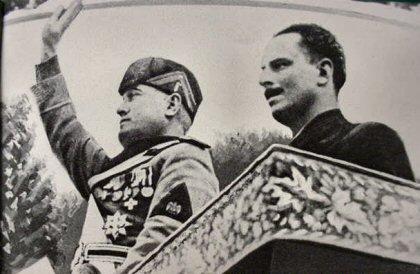
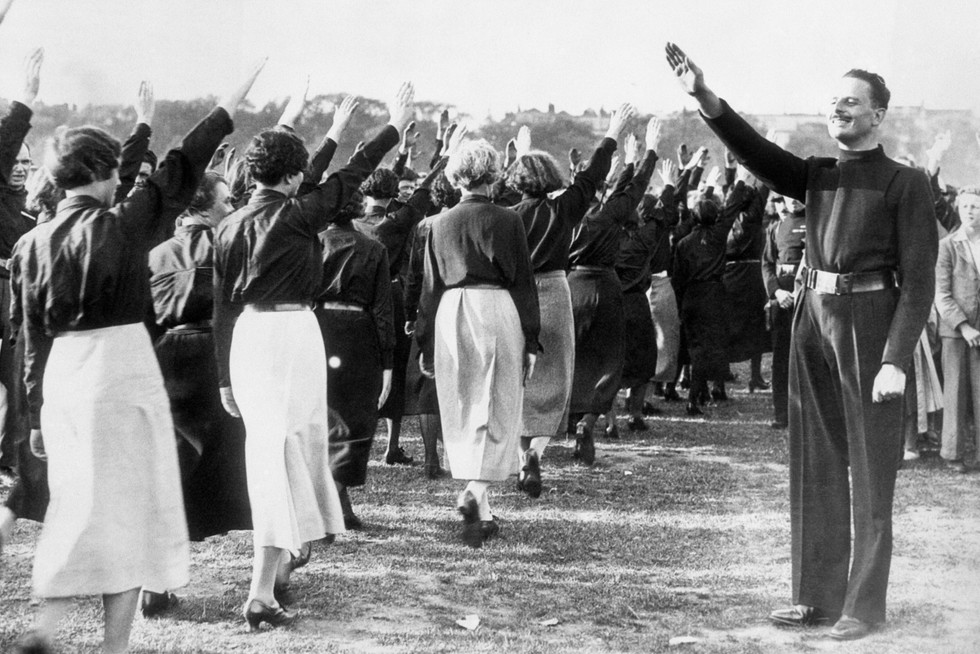
Influenced by the Nazi movement in Germany, Mosley’s movement was particularly notable for its anti-Semitic rhetoric.
The BUF was known for its militants dressed in black shirts and a large counter-demonstration that led to the Cable Street riots in London in 1936.
During this period, Mosley and his supporters organized campaigns promoting xenophobia and racism, laying the foundations for far-right ideas in Britain.
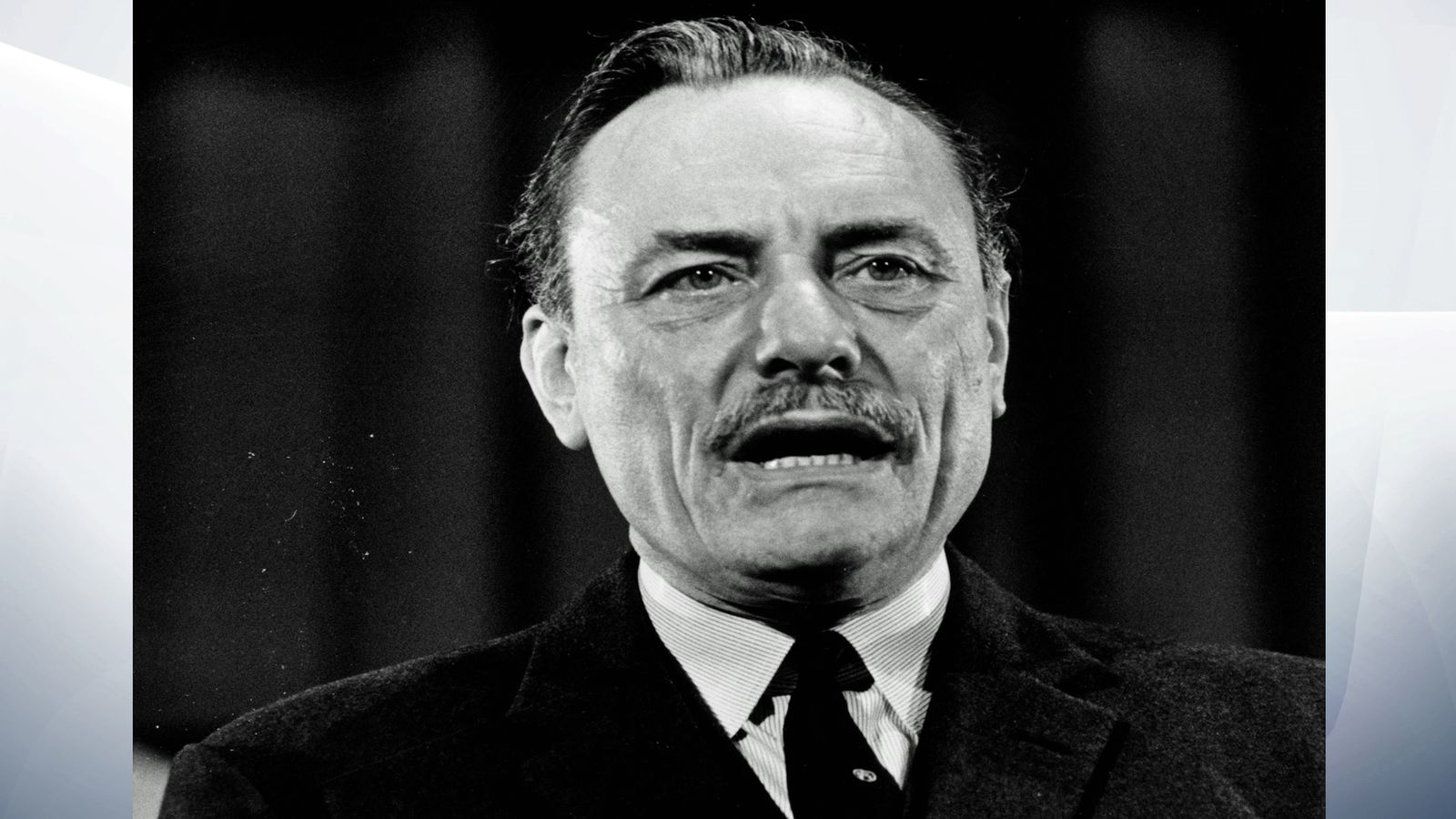
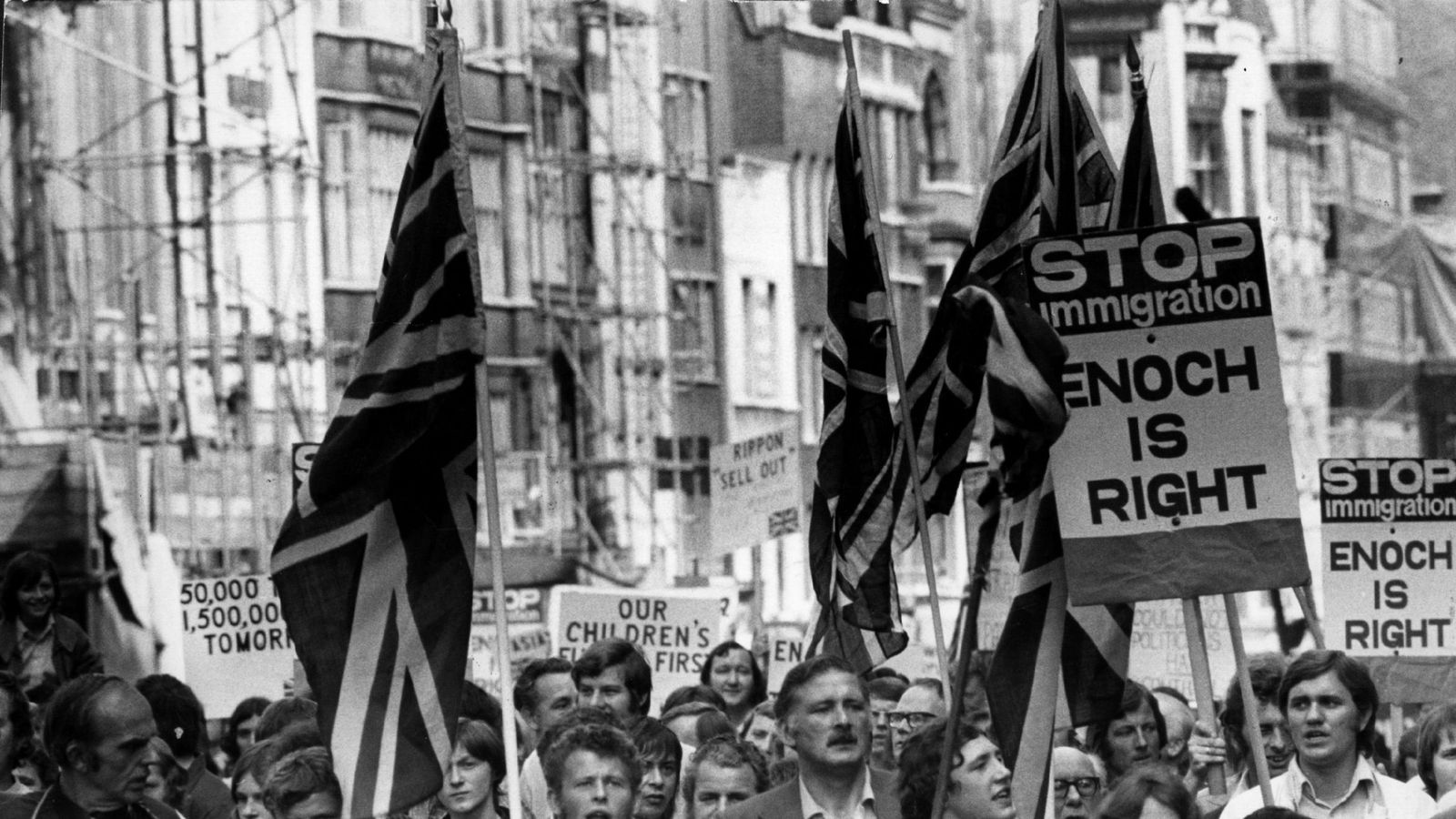
- 1960s:
In the post-World War II period, the influence of Mosley’s British Fascist Party waned. However, racism and far-right views did not completely disappear. In the 1960s, racist sentiments flared up again, with Enoch Powell’s “Rivers of Blood” speech in 1968 playing a significant role.
Powell, a prominent member of the Conservative Party, argued that immigrants were threatening British society and cultural identity. His speech, which described the impact of migrants as leading to violent social backlash, continues to echo in the far right’s rhetoric today.
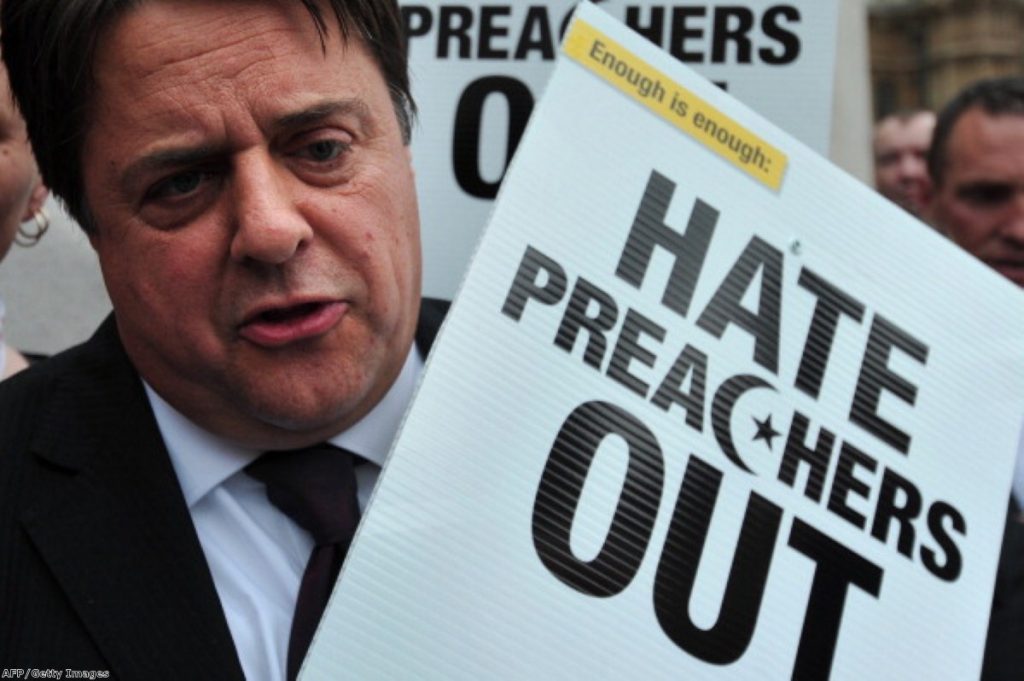
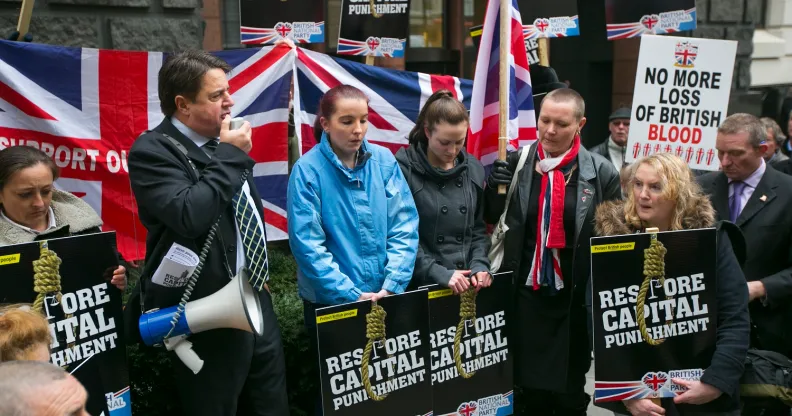
- 1990s:
In the 1990s, far-right groups began to regain power in the U.K. The British National Party (BNP), founded in 1993, drew attention with its neo-Nazi and racist views. Under Nick Griffin’s leadership, the BNP gained prominence with its anti-immigrant and Islamophobic rhetoric.
The party frequently organized campaigns to protect national identity and defend cultural values, emphasizing the negative impact of immigrants. The BNP’s influence was associated with unemployment, economic hardship, and social uncertainty during this period. Despite some electoral success, the party’s influence remained limited.
- 21st century:
In the late 2010s, the Brexit referendum and its aftermath led to a resurgence of far-right groups. Brexit heightened social tensions over immigration and national identity, providing further support to far-right groups. During this period, anti-immigrant and Islamophobic campaigns exploited the climate of uncertainty and social change created by Brexit.
Groups such as PA, BM and EDL became prominent. PA is known for its white nationalist views. BM promoted neo-Nazi ideology and continued to influence football hooliganism and social media.
The EDL, known for its Islamophobic motivations, saw increased activity post-Brexit and became central to campaigns of violence and hatred against migrants.
In the post-Brexit period, these groups have become more active in running anti-immigrant and racist campaigns. Propaganda spread through social media has amplified their influence, allowing racist and far-right rhetoric to reach a wider audience.

